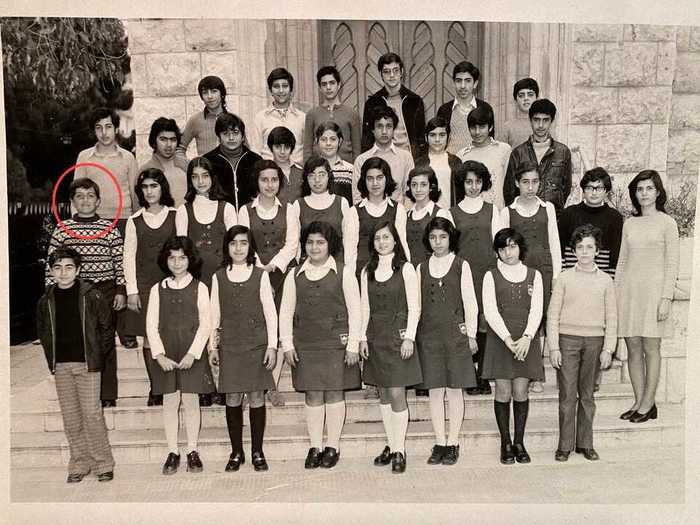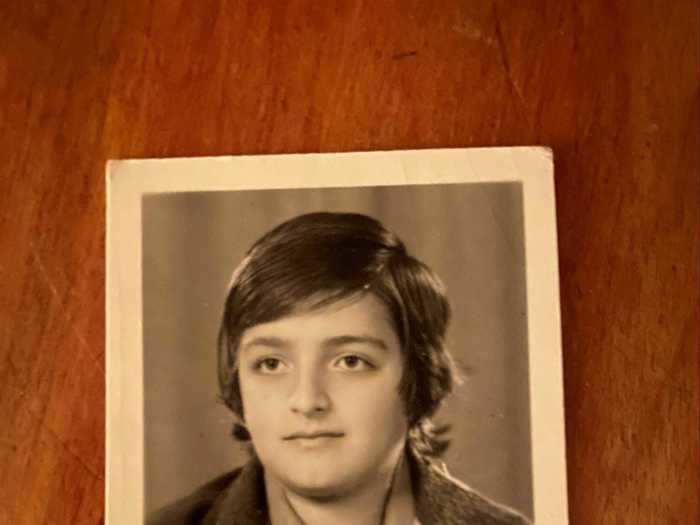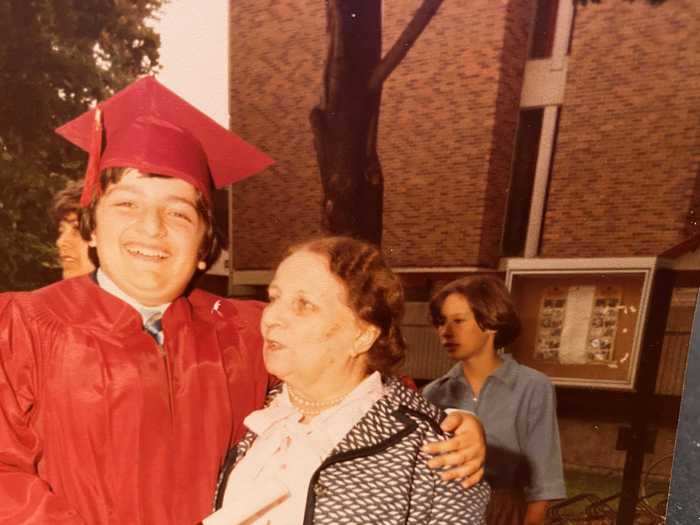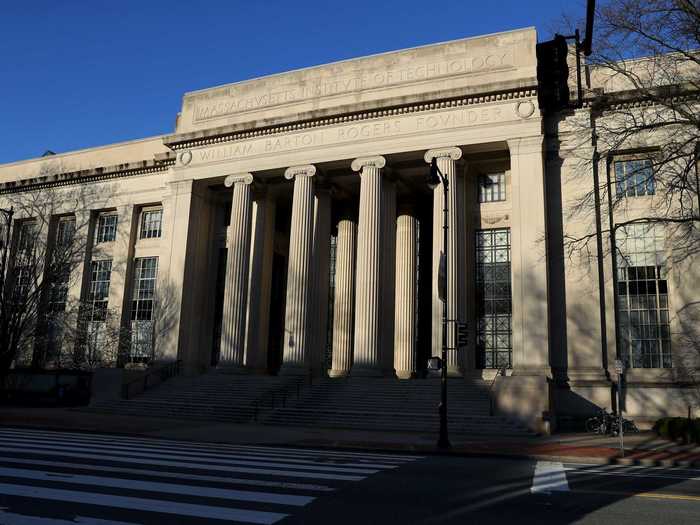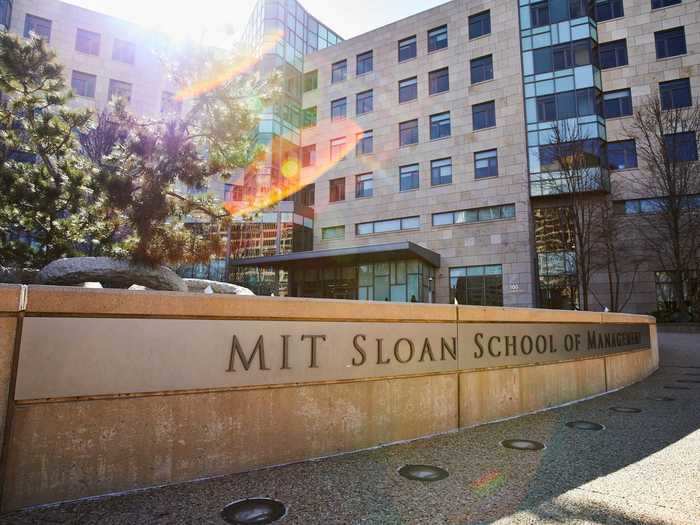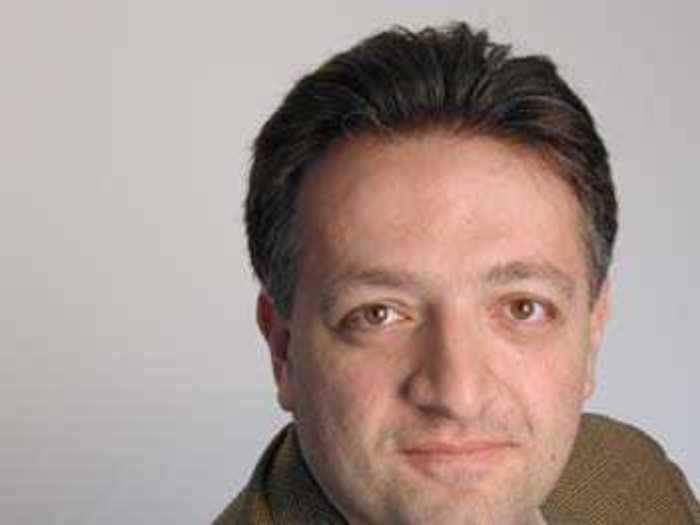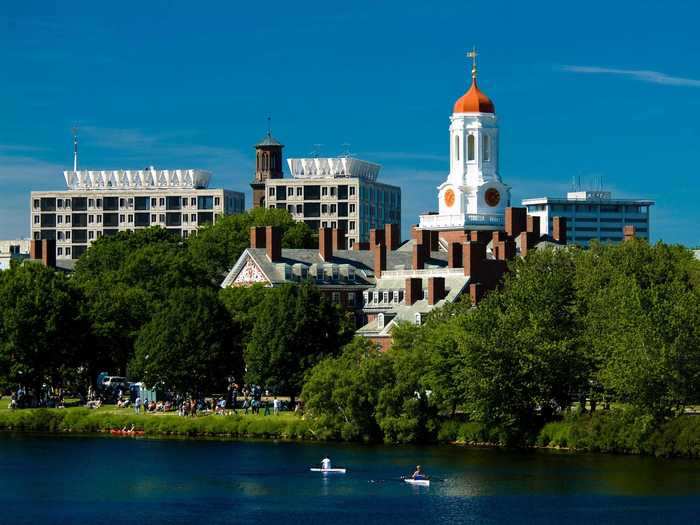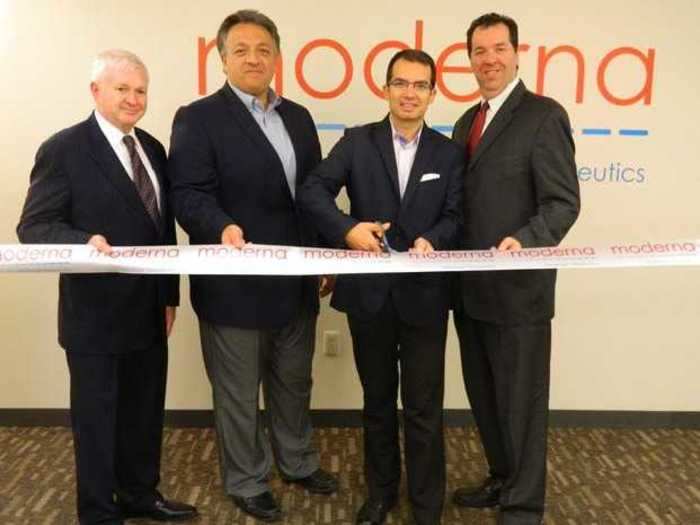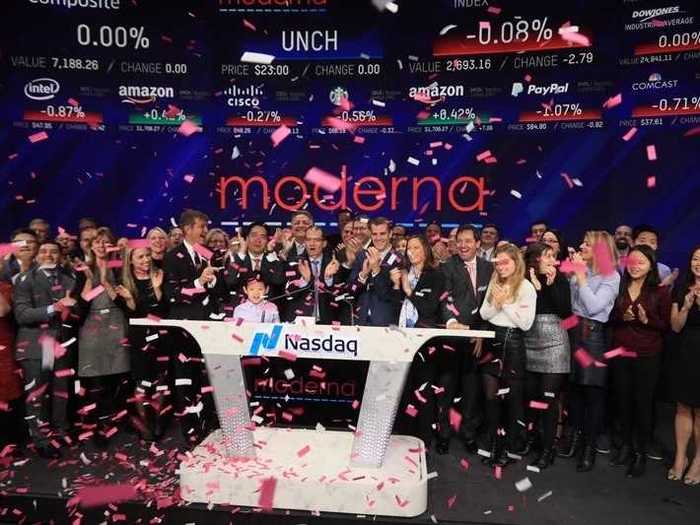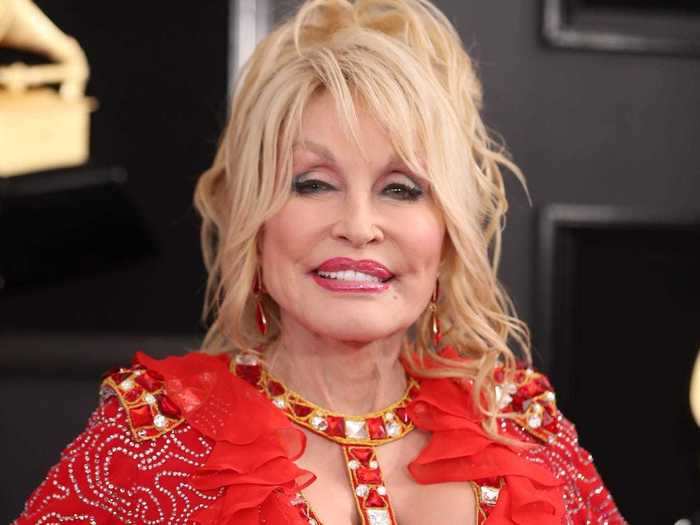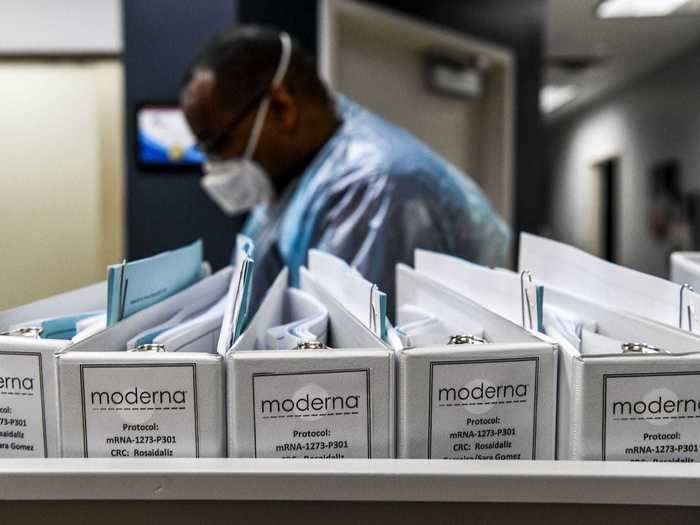Noubar Afeyan, an immigrant from Lebanon, is the cofounder and chairman of Moderna, the company behind one of the most promising potential COVID-19 vaccines.Flagship Pioneering
- Noubar Afeyan is the cofounder and chairman of biotech firm Moderna, whose coronavirus vaccine is close to getting approval in the US from the FDA.
- On Thursday, an expert FDA panel endorsed the vaccine.
- HHS Secretary Alex Azar said it could get authorized as soon as the next day, with distribution starting the same weekend.
- Afeyan is an immigrant and a basketball fan, and calls himself a "parallel entrepreneur" because of his strategy of cofounding and helping to grow new companies, which stands at 41 over two decades.
- Business Insider spoke with Afeyan to learn more about his experience as an immigrant to Canada and then the US who became a serial entrepreneur, the development of Moderna, and his favorite Dolly Parton song.
Noubar Afeyan loves basketball. In his free time, he roots for the Boston Celtics, a team he supported even before enrolling at MIT in the same city (he also likes the Patriots and the Red Sox). He loves to play recreationally - but he's had to pause during the pandemic.
Afeyan hasn't had much free time lately. That's because he's the cofounder and chairman of Moderna, the biotech firm that produced a vaccine shown to have 94.5% efficacy against the virus and could get FDA approval as soon as today.
COVID-19 caught the attention of Moderna CEO Stephane Bancel In January, even before the pandemic hit the US. Moderna got to work, and it shipped the first batches of its vaccine to the National Institutes of Health by February 24.
On Thursday, an expert FDA panel endorsed the vaccine, and once it gets approval, nationwide distribution could start this weekend.
Ahead of the Moderna vaccine's presumptive authorization, Business Insider spoke with Afeyan about the vaccine's development, including partial funding received from Dolly Parton, his experience as an immigrant founder and how it's shaped his worldview, his strategy of "parallel entrepreneurship," and of course a little basketball.
Afeyan, who is Armenian, grew up in Lebanon and lived there until he was 13.
Noubar Afeyan pictured here in grade school in Beirut, Lebanon.
Flagship Pioneering
Although he grew up in Lebanon and then Canada, Afeyan's Armenian background — and living in Armenian communities — has been an important part of his life. Throughout his career, he's focused on both entrepreneurial and philanthropic investment in Armenia.
He said he sees his philanthropy as "paying back for the various debts that I felt to Armenians for having been helped by others in surviving genocide and many other difficulties."
Afeyan's grandfather was a survivor of the Armenian genocide, in which 1.5 million Armenians died in the last days of the Ottoman Empire. Afeyan has written in The New York Times about continued violence against Armenians during the coronavirus pandemic.
At the age of 13, Afeyan's family moved from Lebanon to Canada during the Lebanese Civil War.
Noubar Afeyan in Canada in 1975.
Flagship Pioneering
Prior to his move, he'd never seen snow before, he said.
Afeyan went on to attend high school and college in Canada.
Noubar Afeyan at his high school graduation in 1978.
Flagship Pioneering
Afeyan then went to MIT to get his PhD in Biochemical Engineering; at the time, it was the only institution that offered the degree program.
A view of Building 7 on the campus of Massachusetts Institute of Technology on March 31, 2020 in Cambridge, Massachusetts
Maddie Meyer/Getty Images
"The field was being invented" while Afeyan and fellow students were doing their work, he said.
"It wasn't clear what a biochemical engineer actually did when we were there," he said.
Then, in 1985, Afeyan had a transformative encounter. He had been sent to represent MIT at a National Science Foundation meeting in Washington DC, and he struck up a conversation with a fellow attendee over lunch. He told Afeyan how he had started a company that "made instruments for a new breed of engineers."
"I was sitting there listening to this thinking, 'Well, you know, I'm going to be a new breed of engineer,'" Afeyan said.
Later in the conversation, Afeyan learned his lunchtime companion was David Packard — the cofounder of Hewlett-Packard. He spent a "bunch of time" with Packard that day, learning what starting a company was all about.
When he returned to MIT from DC, Afeyan was determined to learn everything he could about starting a company. He began frequenting MIT's Sloan School of Management.
The MIT Sloan School of Business campus.
MIT Sloan
Afeyan said he was "kind of a stranger" at MIT's Sloan School at the time. "I wasn't doing an MBA. I was just trying to learn what innovation was, what management was."
He's now a senior lecturer at Sloan, where he's taught since 2000.
Afeyan went on to found his first company, Perseptive Biosystems, at the age of 24.
Flagship Pioneering
He said he met with his first prospective investor just a day or so after "Black Monday," the historic stock market crash of 1987.
"In hindsight, it was a lucky break for me because after that just about any startup activity ceased, and I persisted because I was bent on trying to see if I could start a company," Afeyan said.
He said that he got around $300,000 in seed capital to launch the company. In 1989, Perseptive Biosystems "eventually attracted some venture capital."
Perseptive went public in 1992; in 1998, it was acquired by The Perkin-Elmer Corporation.
"Over that kind of 10-year journey until 1997, I probably made every mistake in the book," Afeyan said. But the company going public when he was around 29 gave him the opportunity to learn about the "messy, turbulent" world of startups early.
In 2000, Afeyan founded Flagship Pioneering, a company incubator.
The company is headquartered in Cambridge, MA.
Richard T. Nowitz/Getty Images
Afeyan said entrepreneurs are known for going from one thing to the next (and then the next one after that).
"I didn't want to leave the first thing, because it was a great learning experience," he said.
So, instead, he came up with his own answer to serial entrepreneurship: "parallel entrepreneurship." Instead of founding a company and moving along, he would help cofound companies and continue to work with them. In 2000, Flagship Pioneering was born to do just that.
Flagship has now helped launch 41 companies, with an aggregate value of over $34 billion.
Moderna, which Afeyan cofounded in 2010, may be Flagship's most famous company right now.
Noubar at Moderna.
Flagship Pioneering
When Afeyan started exploring the idea of an messenger RNA (mRNA) biotech in 2010, some research on mRNA was looking at it "as a potential way to transform cells."
Afeyan sought out his friend and colleague Bob Langer (who later became an early investor in Moderna). He asked Langer a key question: "Instead of doing these STEM cell experiments and using this for a laboratory setting, what if we could think about a way by which we could use the patient as a bio-reactor for their own drug?"
He said that, at the time, they didn't know if mRNA could get into the cells of animals or humans, or whether they could cause an immune reaction (spoiler alert: they can).
"None of that work had ever been done. And that's kind of how Flagship Pioneering operates."
In 2018, Moderna had the biggest IPO in biotech history.
Noubar Afeyan at the Moderna IPO.
Flagship Pioneering
Moderna's vaccine also made headlines for a notable contributor: Country legend Dolly Parton donated $1 million to the research behind the vaccine.
Dolly Parton, country singer and vaccine funder.
Lucy Nicholson/Reuters
Parton announced in April that she had donated $1 million to coronavirus research at Vanderbilt University; that research was part of the Moderna vaccine effort. The Dolly Parton COVID-19 Research Fund is listed as a supporter in a report for the New England Journal of Medicine on the Moderna coronavirus vaccine.
"Growing up, I did actually listen to her music and there were a number of memorable songs," Afeyan said.
He lauded her public donation for both its size and the awareness it created.
"I think that's a terrific thing. It's a great act of generosity and providing resources to what's otherwise one of the important projects of our times."
His favorite Parton song? The classic "9 to 5."
So what comes next?
Biotechnology company Moderna protocol files for COVID-19 vaccinations are kept at the Research Centers of America in Hollywood, Florida, on August 13, 2020.
Photo by CHANDAN KHANNA/AFP via Getty Images
Afeyan said the vaccine — and the awareness its created around mRNA — will lead to "more science, more research, more products."
He said the public was only just made aware of mRNA in March, when the vaccine clinical trials began. But "there's a 10-year history that involves billions of dollars in investment, hundreds of people's hard work, hundreds of patents that have been filed."
In other words, the vaccine didn't just happen in the months since Moderna first began working on the coronavirus; it's the culmination of nearly a decade of research and invention. Now that Moderna and mRNA have that public visibility, there's more innovation to be done.
"That platform, we think, will give rise to dozens of additional new drugs and vaccines; we're intensifying our efforts already in this regard," Afeyan said.
Most of all, it will be a demonstration to the public "of the power of innovation and science coming to the aid of one of the biggest challenges of our lifetime."

